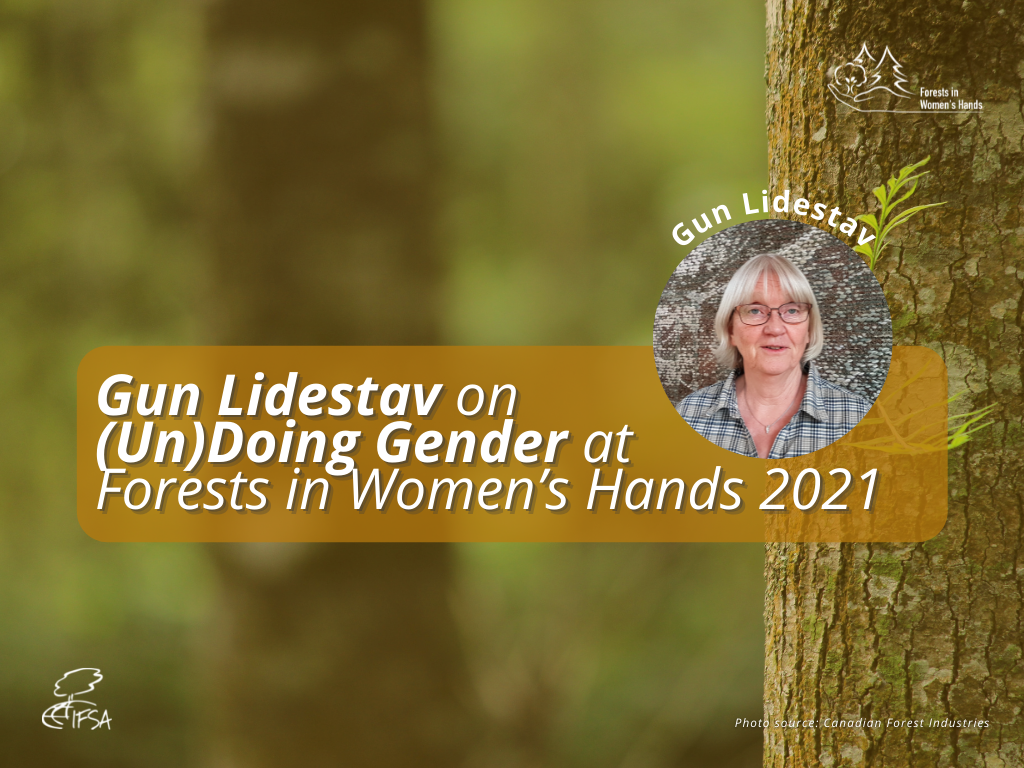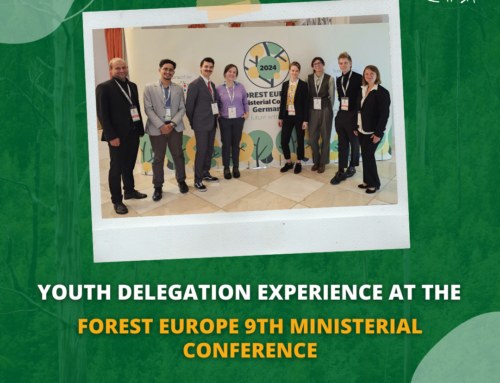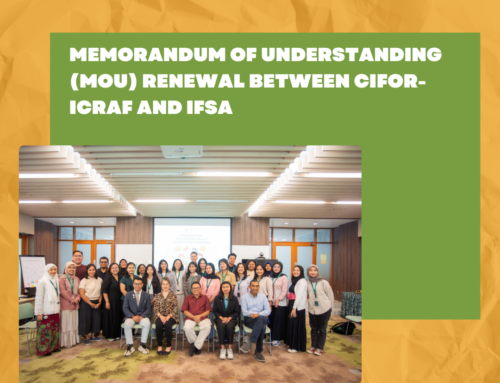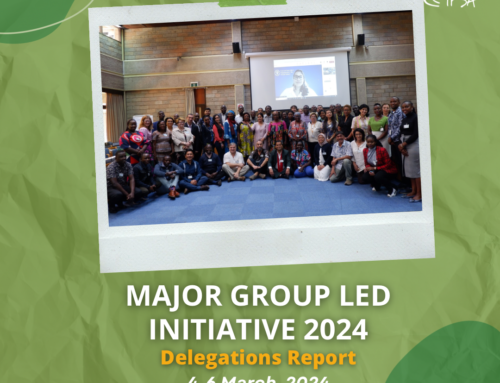Gun Lidestav on (Un)Doing Gender at Forests in Women’s Hands 2021
Gun Lidestav was the keynote speaker at the Forests in Women’s Hands Conference 2021 and argued that change will not come fast and easy. In her keynote “(Un)Doing Gender in and through forestry networks – processes of inclusion and exclusion”, she emphasized that the focus on “women” needs to be replaced by a focus on gender – as something that is “being done” by not only women and men, but also organizations – in order to envisage the current norms and structures and to understand how they are upheld and reproduced.
Gun Lidestav is Associate Professor at the Swedish University of Agricultural Sciences (SLU) and IUFRO Task Force Coordinator “Gender Equality in Forestry”. She has a doctoral degree in forest technology and has been engaged in IUFRO since 2000. Between 2004 and 2006, she led a team of specialists on Gender and Forestry on behalf of FAO / ECE / ILO. She has also participated as a gender specialist in various international R & D programmes and projects and been involved in various gender equality initiatives on a national level, initiated both by the government and the forest sector.
We got the chance to interview her, read our conversation with her below:
Gun Lidestav, what do you think is the biggest challenge connected to gender in forestry?
There are many different challenges, and the importance of those also differs depending on the context (country, type organization, etc). But, a primary challenge is to make women and men working in forestry understand how their own forestry context is gendered, i.e. how existing culture and institutional/organizational structures and norms impact their space of actions and life, as well as the way forestry is understood and performed. Once people, preferably at all levels in a particular context, have become aware of how their own organization and working life are gendered, and how their own actions (or non-actions) support or challenge these gendered structures and norms, processes of re-thinking forestry and re-doing gender can start.
In your keynote, you also talked about re-doing gender. Why is this important in forestry, forest education and research?
A current idea among policy-makers and the forest industry is that by recruiting more women, the sector will not only become gender equal, but also more competitive because today young women are generally doing better than young men in many professional educations. However, if the organizational structures remain the same, promoting traditional male competences and norms, women have to adapt or find another branch where they can thrive. In contrast, if the organization and the forestry sector at large are prepared to think in new ways and re-evaluate the skills that forestry needs to meet today’s and future challenges, re-doing gender will take place and also re-vitalize forestry.
What do you think we can do as young foresters to further gender equality in forestry?
One thing is to be observant of different expressions of gender bias in forestry education and communication, which must be pointed out. Also remember to avoid reproducing this way of talking and acting. Then, never tolerate sexual harassment or other forms of derogatory judgments or actions, even “just for fun”.
One topic that was addressed at the Forests in Women’s Hands Conference were gender-related courses in universities. What is their role?
At present, I think that there are very few such courses at forest faculties/universities, so generally speaking the role is minimal. However, this implies that all serious initiatives to introduce and carry out such courses will make a difference. Students will then be better prepared to fulfil their future professions.
Considering IFSA’s participation in the FiWH conference, what do you think IFSA could do connected to gender in the forest sector in the future, among its members but also beyond?
A lot, but maybe the most important action would be to request courses and training in gender competence.
Thank you, Gun Lidestav, for this interview, for your valuable time and insights when preparing the Webinar Series on Forestry & Gender and your support of our activities!
Authors: Ali Baluee, Damiano Cilio, Barbara Öllerer





